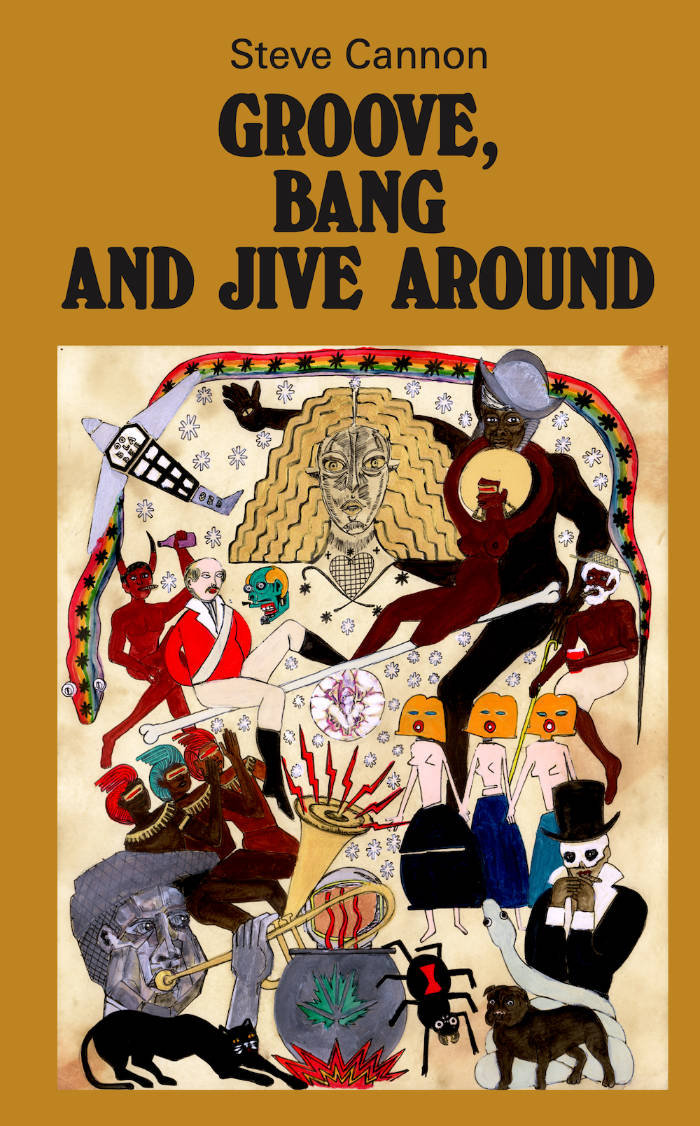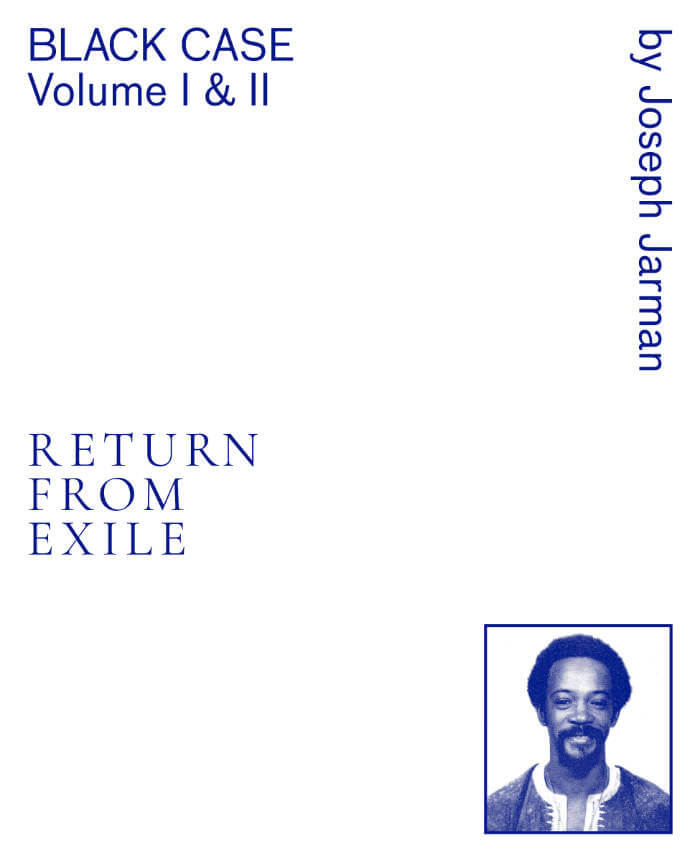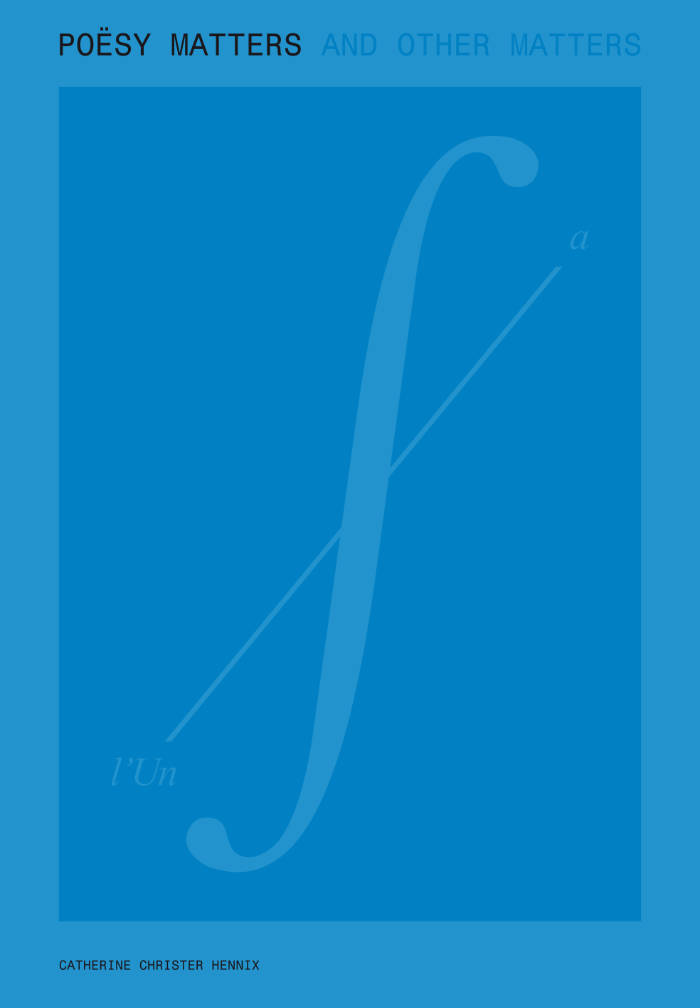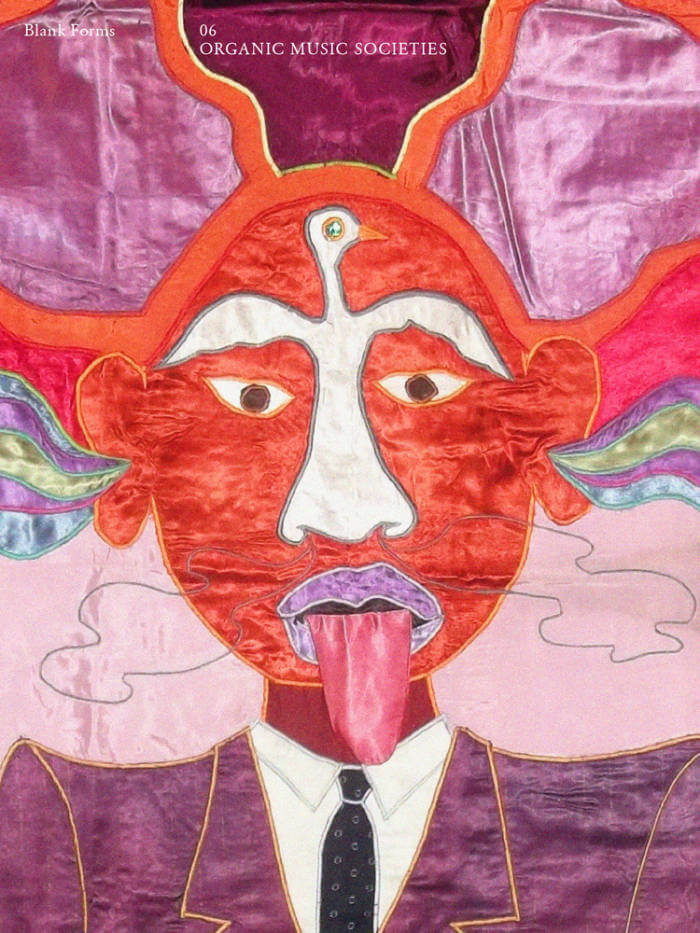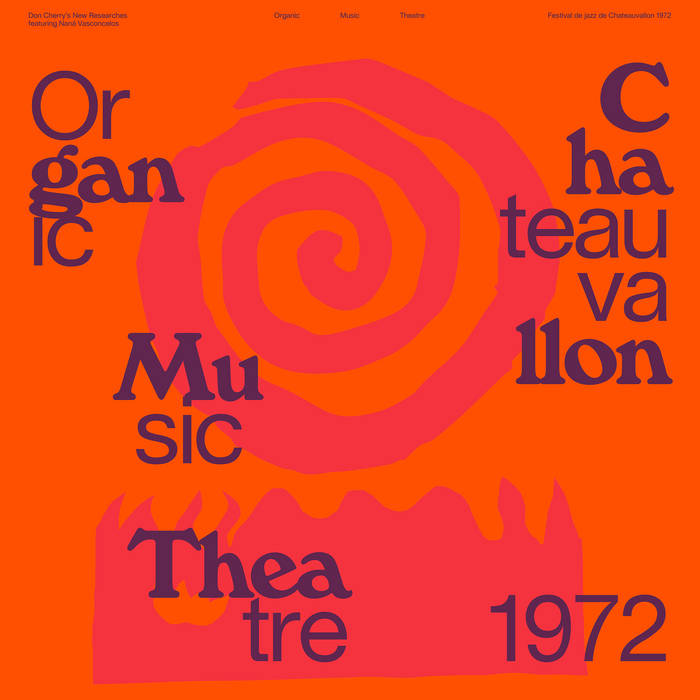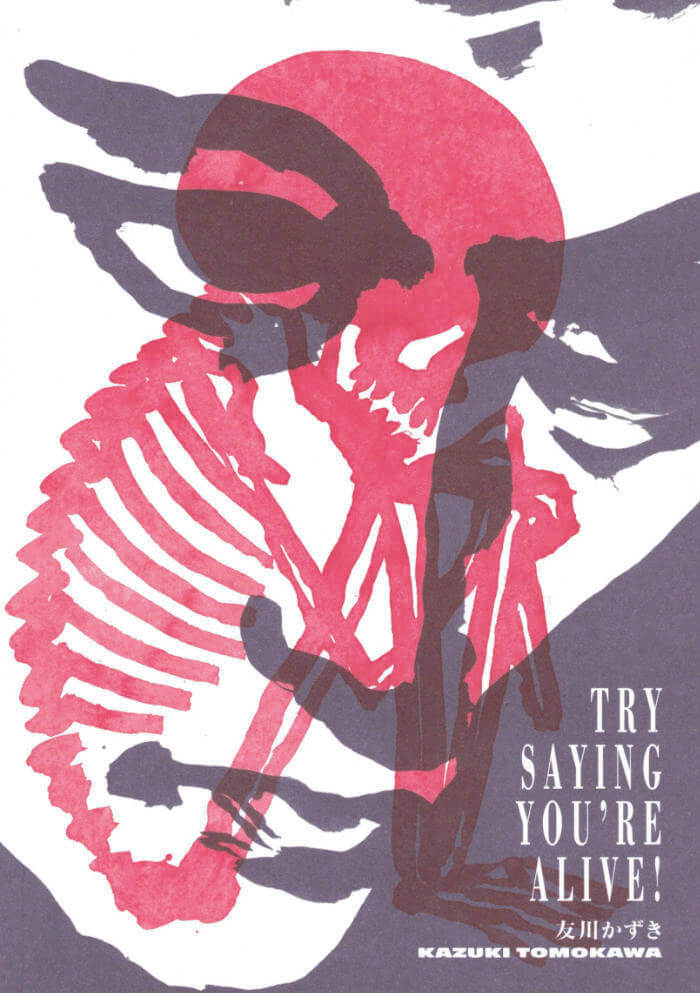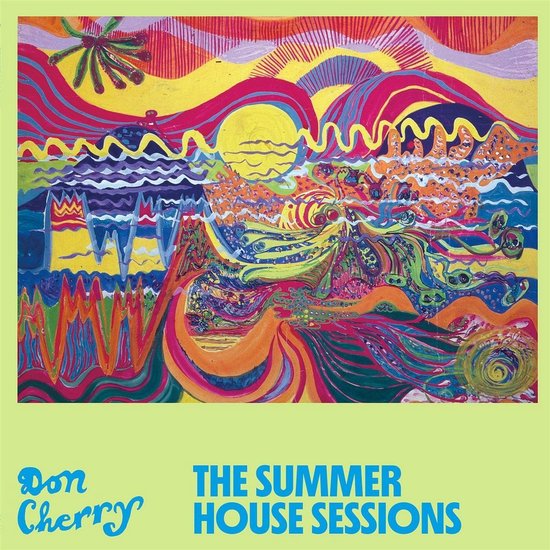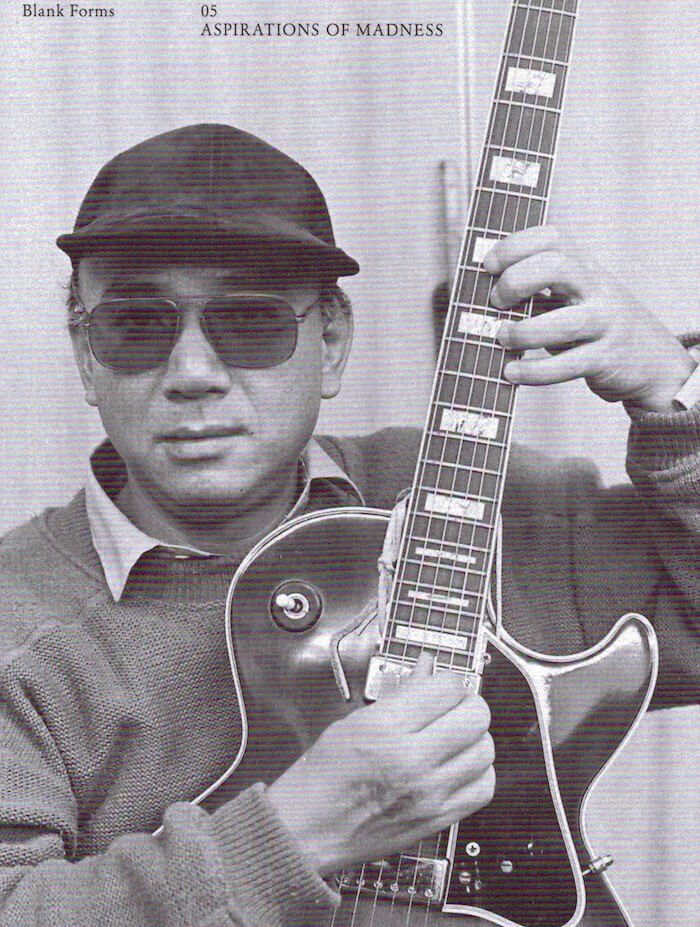Steve Cannon
New edition of Steve Cannon's riotous 1969/71 erotic novel Groove, Bang and Jive Around, "an underground classic of such legendary stature that New York's black cognoscenti have transmogrified the work into urban myth," with a foreword from Darius James and an afterword by poet Tracie Morris.
Despite decades of notoriety as one of the "filthiest books in the world," Steve Cannon's first and only novel, Groove, Bang and Jive Around, has hardly been read since first being published by the Paris- based Ophelia Press in 1969.
Due to its scarcity, the New York Press deemed it "an underground classic of such legendary stature that New York's black cognoscenti have transmogrified the work into urban myth." This debut, revised for release by Olympia Press in 1971, cemented Cannon's place as a stalwart of the East Village and key figure in New York's black avant-garde—inspiring a generation to break with staid literary modernism, according to Cannon's friend and collaborator Ishmael Reed, for whom its release "signaled a resurfacing of the irreverent, underground trickster tradition of black orature." Seeped psychedelia and hoodoo, this erotic farce follows Anette, a fourteenyear- old runaway, from the outhouse of a New Orleans juke joint to the land of Oo-bla-dee, a realm of bacchanalian self-determination founded by Dizzy Gillespie. Inspired equally by Chester Himes and Women's Liberation, the author claims—as Ophelia put it, Groove, Bang and Jive Around is an absolute necessity "for everyone who wants to know where and how the action takes place in Sex and Soul."
"If there's a dirty prayer, this is it. Groove, Bang and Jive Around will invariably piss people off, that's the plan and its delight. It's gorgeously uneven, like a country road, it's squawking & sonorous like great live music, indeed, it is that. Groove, Bang is poetry and a novel out loud, and Steve Cannon, who wrote it was a huge heckler and a funny man and I wish I could thank him for this wonderful disturbing, deeply wrong (hot) and light-footed book that somehow fell out of reading history he has given us and now it has fallen back in."—Eileen Myles, author of a Working Life
Steve Cannon (1935-2019) was a writer who shaped the literary history of Manhattan's Lower East Side. He was the founder and executive director of A Gathering of the Tribes, an East Village nonprofit and exhibition space, and the publisher of a magazine of the same name. Tribes, which operated from Cannon's Alphabet City townhouse, functioned as a salon where artists and musicians such as David Hammons, Sun Ra, and Butch Morris could reliably be found among a cohort of younger poets emerging from the Nuyorican Poets Café scene. Born to a preacher in New Orleans, Cannon relocated to New York from England in 1962, where, alongside such luminaries as Amiri Baraka and Calvin C. Hernton, Cannon joined the Umbra Workshop, a cornerstone of the 1960s African American avant-garde poetry and publishing. In 1973 he, Ishmael Reed, and Joe Johnson cofounded the influential literary and audio/visual imprint Reed, Cannon, and Johnson. As a poet, playwright, and professor, Cannon mentored a generation of writers including Eileen Myles and Paul Beatty, and taught across the City University of New York system for more than three decades.
